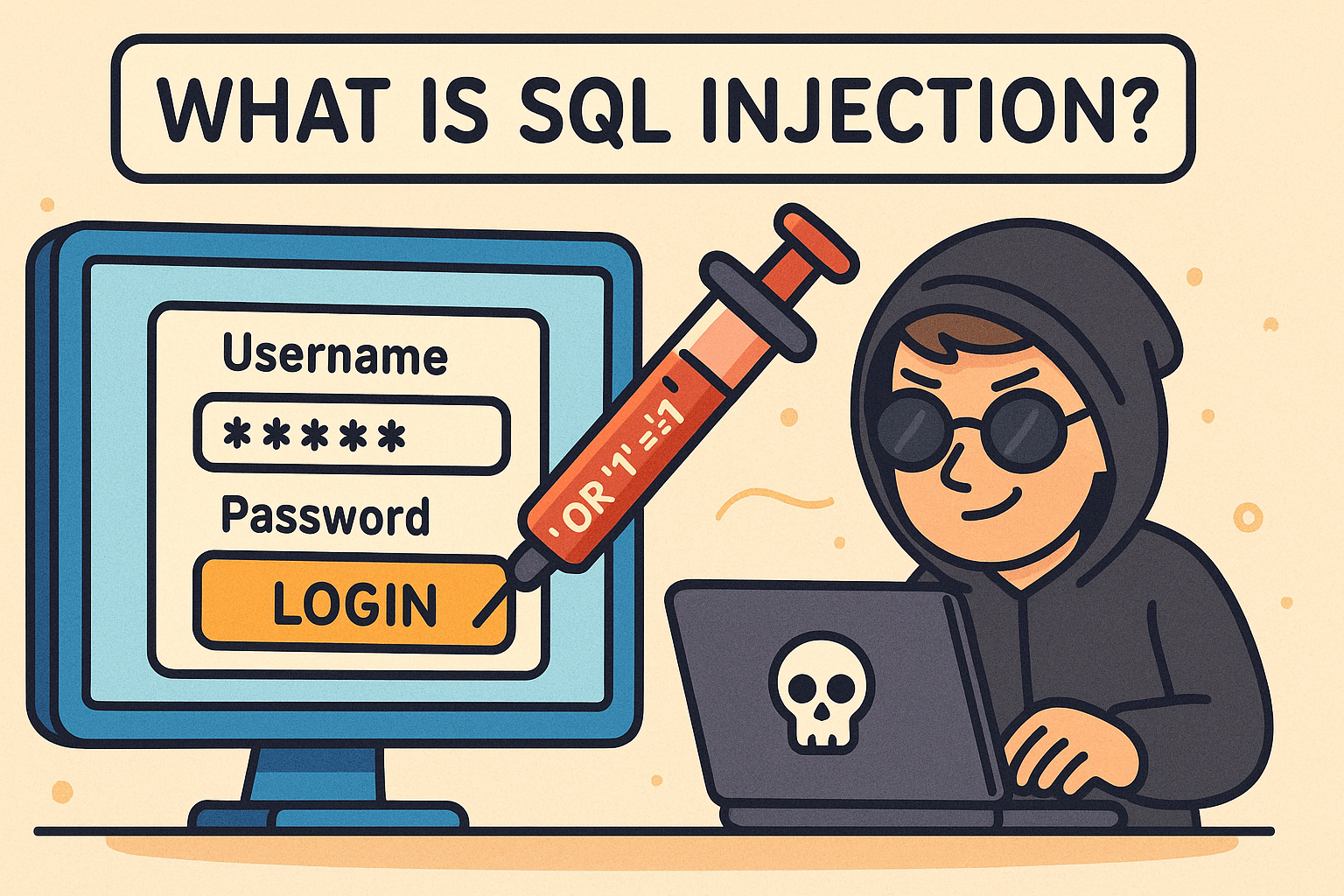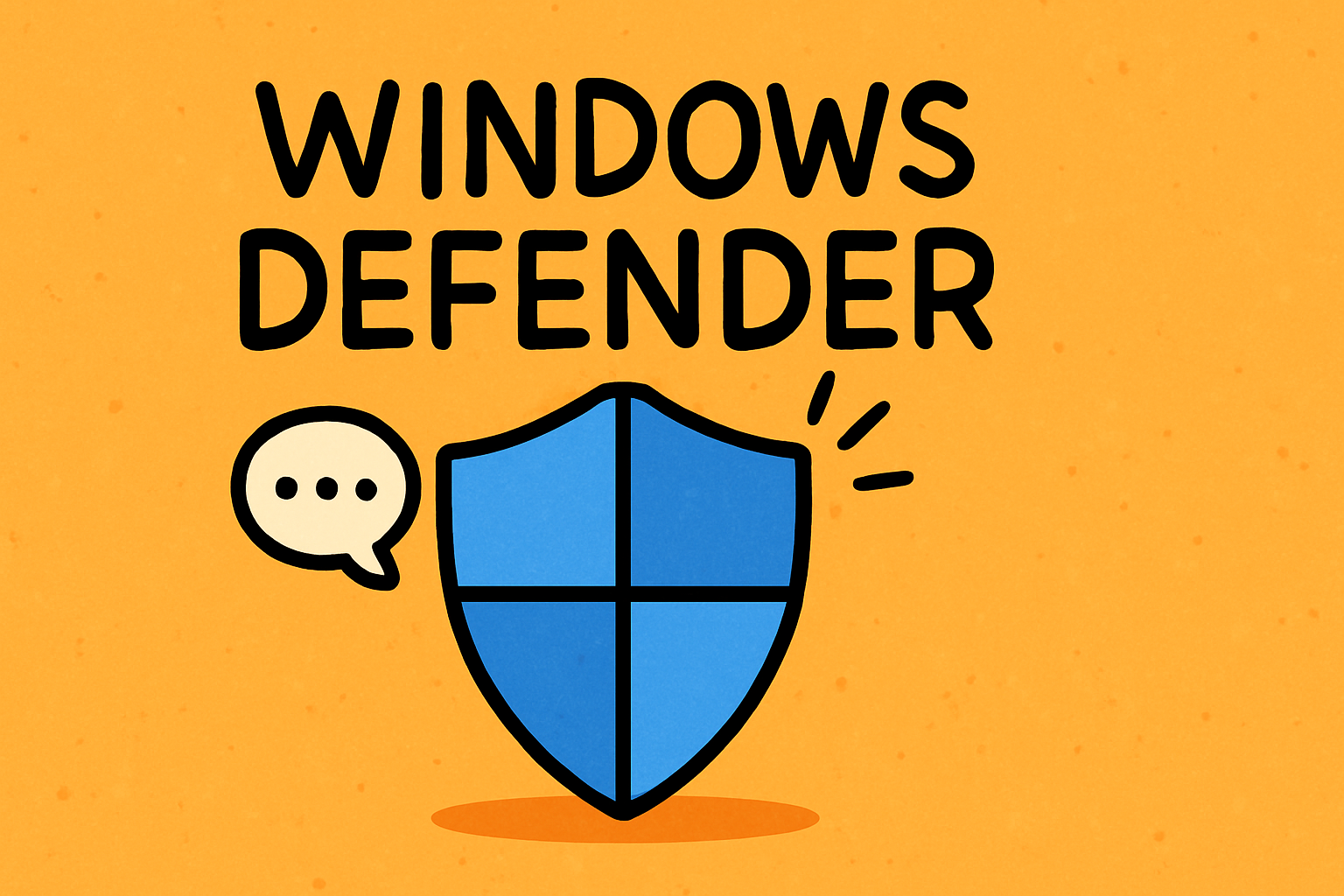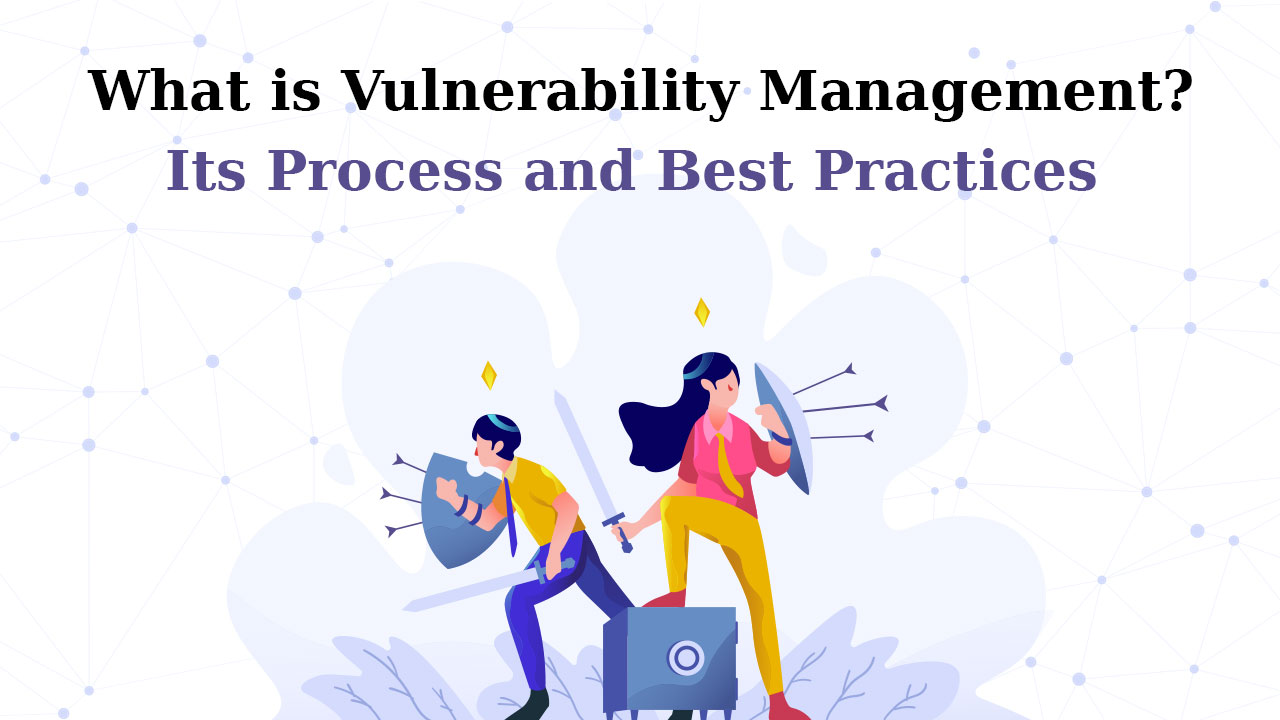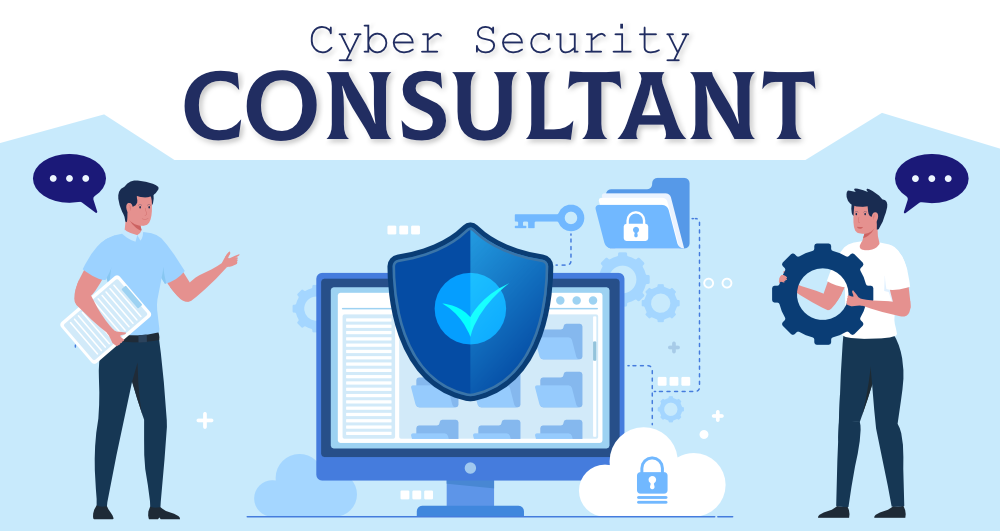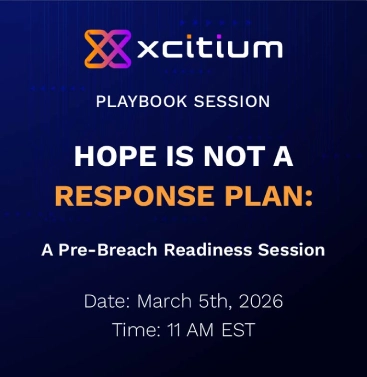What is a VPS? A Complete Guide for Businesses & Security Leaders
Updated on August 20, 2025, by Xcitium
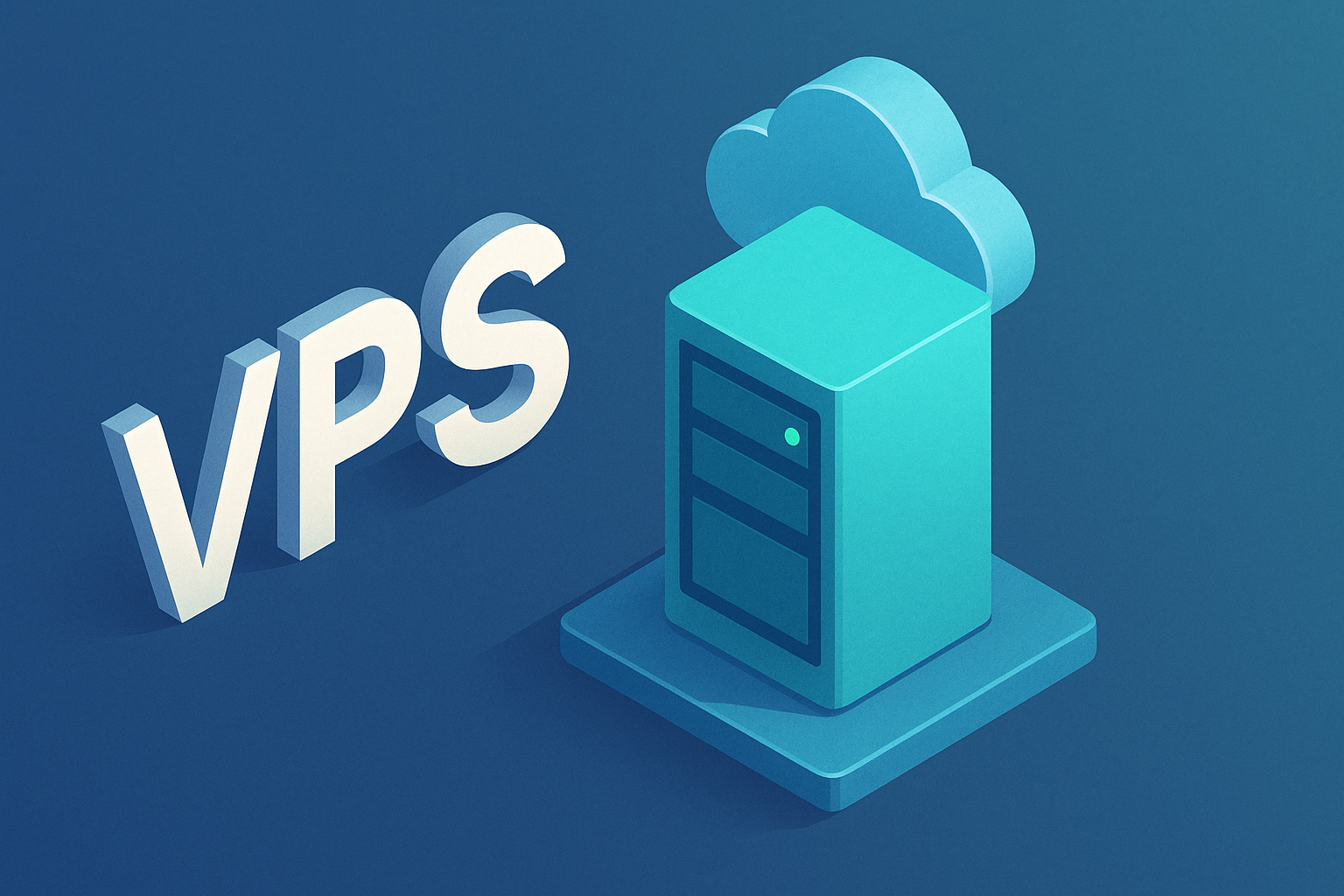
If you’ve ever asked, “What is a VPS?”, you’re not alone. As businesses scale, the demand for reliable, secure, and cost-efficient hosting solutions grows rapidly. For IT managers, CEOs, and cybersecurity professionals, choosing the right hosting environment is not just about performance—it’s about security, compliance, and business continuity.
A VPS (Virtual Private Server) is one of the most popular hosting options in modern IT infrastructure. It strikes the perfect balance between affordability, control, and scalability, making it a go-to choice for businesses across industries. According to Statista, the VPS hosting market is expected to reach nearly $8 billion by 2026, highlighting its growing importance in enterprise IT strategy.
In this article, we’ll break down what a VPS is, how it works, its security implications, and why it matters for modern businesses.
What is a VPS?
A Virtual Private Server (VPS) is a virtualized environment hosted on a physical server. Through virtualization technology, one physical machine is divided into multiple isolated virtual servers. Each VPS functions like a dedicated server, with its own operating system, storage, and resources.
Key Characteristics of a VPS:
- Isolation: Your server space is separated from others.
- Dedicated Resources: You get your share of CPU, RAM, and disk storage.
- Full Control: Install software, configure firewalls, and manage resources.
- Scalability: Easily upgrade resources without migrating servers.
✅ In simple terms, a VPS provides the control of a dedicated server at a fraction of the cost.
How Does a VPS Work?
At the heart of VPS technology lies hypervisor-based virtualization. Here’s how it works:
- Physical Server (Host Machine): A high-capacity server is set up in a data center.
- Virtualization Layer: A hypervisor (like VMware, KVM, or Hyper-V) divides resources.
- Virtual Servers: Each VPS gets allocated resources (RAM, CPU, storage) independently.
- Operating System: Each VPS runs its own OS (Linux, Windows, etc.), giving admins full control.
This setup ensures that your applications and data remain isolated, even if other VPS tenants are running on the same physical server.
VPS vs. Shared Hosting vs. Dedicated Hosting
To truly understand VPS, let’s compare it to other hosting solutions.
| Feature | Shared Hosting | VPS Hosting | Dedicated Hosting |
| Resource Allocation | Shared with others | Dedicated portion | Entire server |
| Performance | Low to medium | Medium to high | Highest |
| Security | Lower | Higher (isolated) | Very high |
| Cost | Cheapest | Moderate | Expensive |
| Control | Limited | Full root access | Full control |
✅ Takeaway: VPS strikes the middle ground—offering more security and control than shared hosting but at a more affordable cost than dedicated servers.
Benefits of Using a VPS for Businesses
For IT managers and cybersecurity teams, VPS hosting provides both technical and business advantages.
1. Enhanced Security
- Isolated environments prevent data leakage between tenants.
- Supports custom firewalls and intrusion detection tools.
- Perfect for industries handling sensitive customer data (finance, healthcare, e-commerce).
2. Cost-Effective Scalability
- Start small and scale as your business grows.
- No need to invest in expensive dedicated hardware.
3. Full Administrative Control
- Install custom applications.
- Configure security patches and system updates.
- Ideal for IT teams that require flexibility.
4. Improved Performance
- Dedicated RAM and CPU ensure stable performance.
- Prevents “noisy neighbor” issues found in shared hosting.
5. Compliance & Regulations
- Easier to meet GDPR, HIPAA, and PCI-DSS requirements.
- Secure environment for hosting sensitive workloads.
Security Considerations: Is a VPS Safe?
Security is one of the most common concerns when businesses ask, “What is a VPS, and is it secure?”
VPS Security Strengths
- Isolation: Even though multiple VPSs run on the same physical server, they remain separated.
- Custom Configurations: Users can configure firewalls, encryption, and monitoring tools.
- Access Controls: Multi-factor authentication and SSH keys can be enforced.
Potential Risks
- Misconfiguration: Poorly managed servers can become vulnerable.
- Provider Vulnerabilities: A weak hosting provider may expose VPS tenants.
- Shared Physical Resources: While isolated virtually, a compromised hypervisor could pose risks.
✅ Best Practice: Always choose a trusted hosting provider and ensure your IT team follows hardening and monitoring protocols.
Common Use Cases for VPS Hosting
A VPS is versatile, making it suitable for various industries.
1. Hosting Websites & Applications
- Businesses host secure websites without the performance issues of shared hosting.
2. Development & Testing Environments
- IT teams build and test applications in isolated VPS environments.
3. Secure File Storage
- VPS can be configured as a private cloud for sensitive data.
4. Business Continuity
- VPS can act as a backup server for disaster recovery.
5. Cybersecurity Applications
- Run honeypots, monitoring tools, or security analytics within isolated environments.
How to Choose the Right VPS for Your Business
When evaluating a VPS provider, consider the following factors:
- Security Features – Firewalls, DDoS protection, and compliance certifications.
- Scalability – Ability to upgrade resources easily.
- Support – 24/7 technical assistance.
- Performance Metrics – Uptime guarantees, SSD storage, and bandwidth capacity.
- Cost vs. Value – Balancing budget with long-term benefits.
VPS in the Context of Cybersecurity
For cybersecurity teams, VPS hosting is more than just infrastructure—it’s a security tool.
- Isolated Workloads: Run penetration testing tools safely.
- Forensic Analysis: Securely analyze compromised files.
- Compliance Hosting: Deploy apps in secure environments that meet legal requirements.
For CEOs, a VPS provides business resilience while ensuring the IT team has flexibility and control over data security.
Best Practices for VPS Security
- Regular Updates: Keep your OS and applications patched.
- Use Strong Authentication: Enable SSH keys and multi-factor login.
- Monitor Logs: Track suspicious activities using log analyzers.
- Encrypt Data: Always use encryption at rest and in transit.
- Firewall Configurations: Block unauthorized ports and services.
By enforcing these practices, IT leaders can maximize VPS security while minimizing risks.
FAQ: What is a VPS?
Q1: What is a VPS in simple terms?
A VPS is a virtual private server that gives you dedicated resources within a shared physical server. It’s like renting an apartment in a high-rise building—you have your own space but share the infrastructure.
Q2: Is VPS hosting good for small businesses?
Yes, it provides affordability, flexibility, and security, making it ideal for startups and SMEs.
Q3: Can a VPS be hacked?
Yes, if left unpatched or misconfigured. However, with proper security measures, a VPS is far safer than shared hosting.
Q4: VPS vs. Cloud Hosting—what’s the difference?
- VPS: Fixed resources on a single physical server.
- Cloud Hosting: Distributed resources across multiple servers.
Q5: How much does a VPS cost?
Typically between $10–$80 per month, depending on resources and provider.
Conclusion: Why VPS Matters for Today’s Businesses
Understanding what is a VPS helps business leaders and IT managers make informed decisions about hosting, security, and scalability. A VPS offers the perfect balance between control, cost, and security, making it an ideal solution for modern enterprises.
For cybersecurity professionals, VPS hosting ensures isolation, compliance, and resilience—all critical in today’s threat landscape. And for CEOs, it provides peace of mind that infrastructure can scale securely as the business grows.
👉 Want to strengthen your organization’s cybersecurity and IT strategy? Request a demo with Xcitium today and explore enterprise-grade protection tailored to your business needs.



